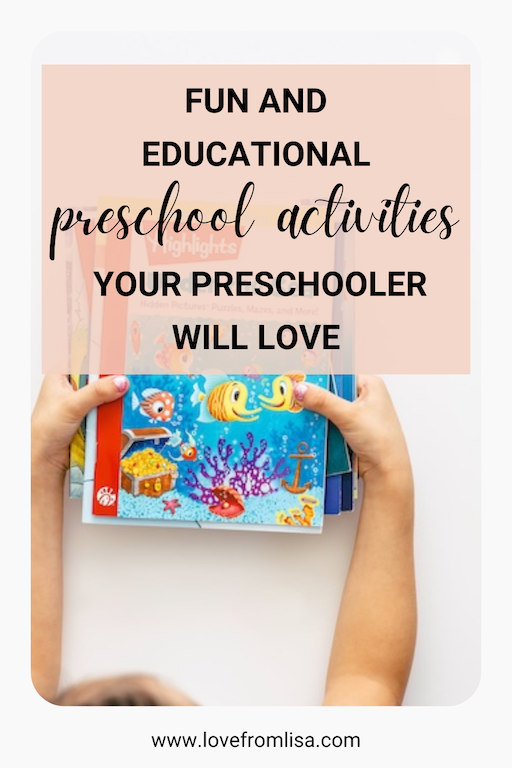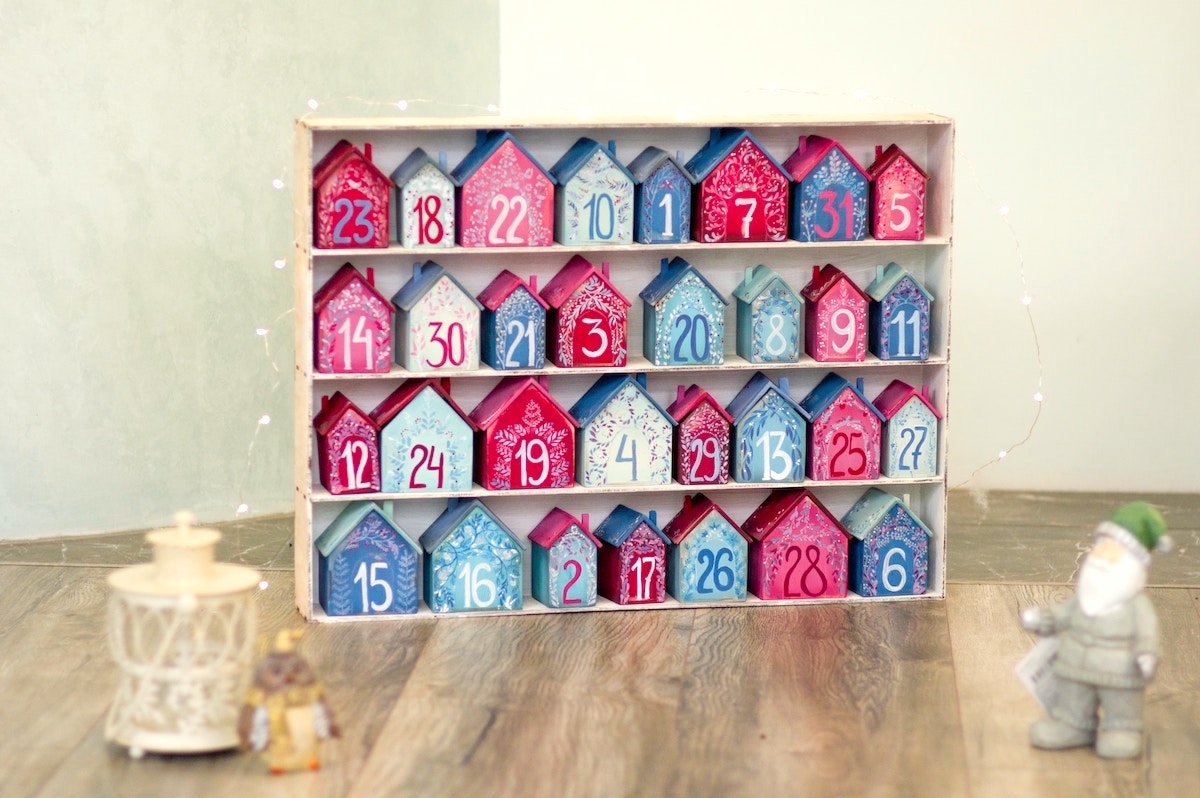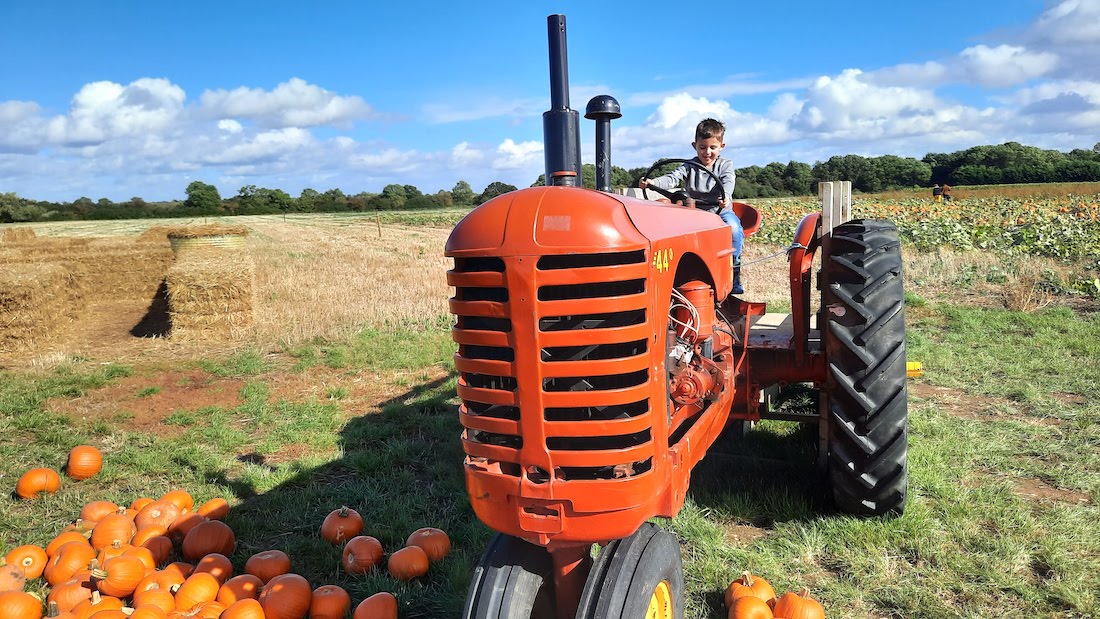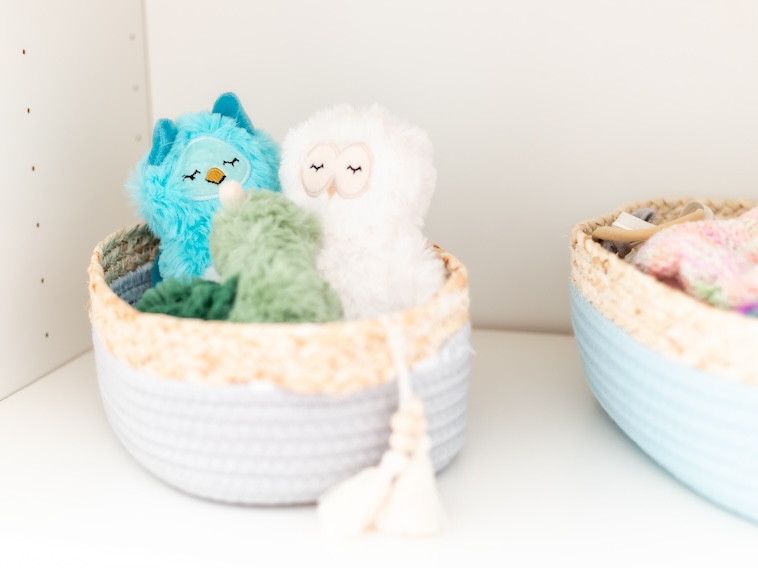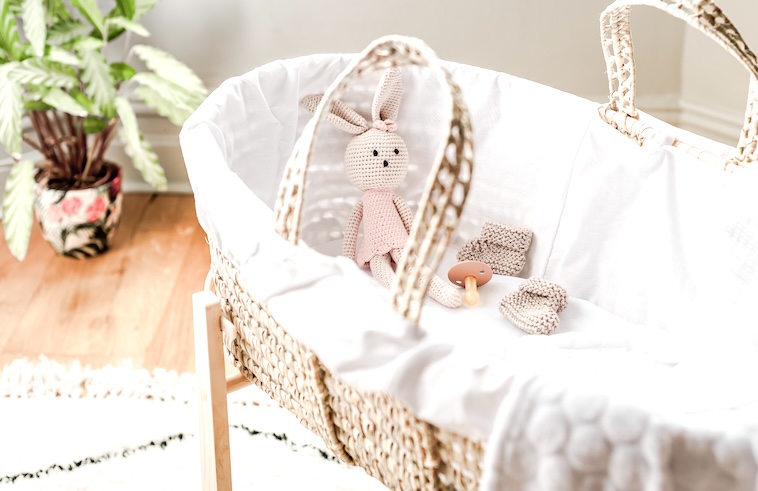How to plan preschool activities that are fun and educational
Last Updated on September 1, 2024

[AD] Planning preschool activities that balance fun and education can be a rewarding, yet challenging task, as preschoolers are at a crucial stage of development where every interaction and activity can influence their growth.
Crafting activities that are both enjoyable and educational ensures that preschoolers are engaged, whilst also learning valuable skills.
If you’d like to plan some preschool activities that are fun and educational, here are some things to consider.
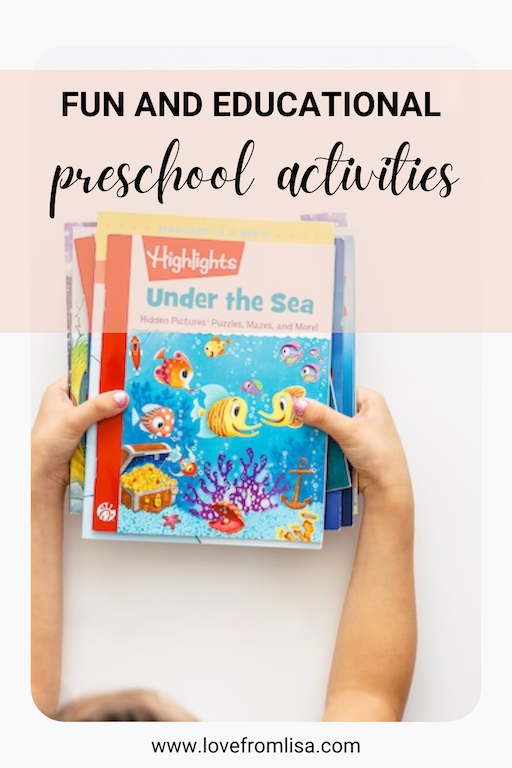
Create a balanced schedule
A balanced schedule keeps preschoolers engaged without overwhelming them. This includes planning a variety of preschooler activities that cater towards different needs.
For example, a typical day might start with free play, allowing your child to use their imagination and social skills.
Mid-morning could be dedicated to structured educational activities, like storytelling, or simple science experiments.
After lunch, creative activities such as arts and crafts, provide a break from structured learning, while still allowing preschoolers to engage their minds.
Including diverse activities from free play to educational tasks, helps preschoolers to maintain a balanced and engaging schedule.
Looking at resources like Adobe Express can provide fresh and creative ideas, making planning easier.
A mixture of preschool activities ensures that children remain interested and active throughout the day.
Educational activities
Educational activities can be both fun and informative. Storytelling sessions for instance, help with language development and listening skills, and choosing interactive stories will encourage children to ask questions and predict outcomes.
Simple science experiments are another great option. These activities foster curiosity, and introduce basic scientific concepts. For example, mixing baking soda and vinegar to create a reaction teaches children cause and effect.
Additionally, interactive games that teach numbers, letters, and shapes, make learning playful.
Activities such as counting objects, identifying shapes around the room, or letter scavenger hunts are great ways to keep children entertained, while reinforcing educational concepts.
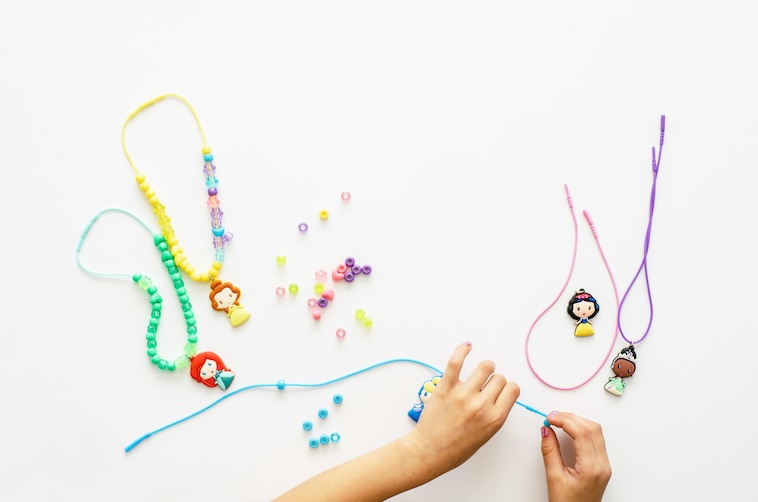
Creative activities
Creativity plays a vital role in early childhood development. Activities like arts and crafts allow preschoolers to express themselves and develop fine motor skills, and gets them used to using different materials such as paper, crayons, glue, and recyclable items.
Music and movement activities are also beneficial. Singing songs, dancing, and playing musical instruments can enhance children’s auditory skills and coordination.
Imaginative play like role-playing games, helps children understand the world around them, develop social skills, encourages them to create their own stories, and acting them out fosters creativity and confidence.
Physical activities
Physical activities are essential for healthy development.
Outdoor games like tag or ball games, helps improve motor skills and coordination in young children. These activities also teach kids about teamwork and following rules.
Setting up an obstacle course, either indoors or outdoors, can be a fun way to promote physical fitness, and simple exercises like jumping jacks, or stretching, are easy to incorporate into your child’s daily schedule.
Encouraging children to move by doing physical activities improves their physical health, instils in them a love for staying active, and is important for their overall wellbeing and development.
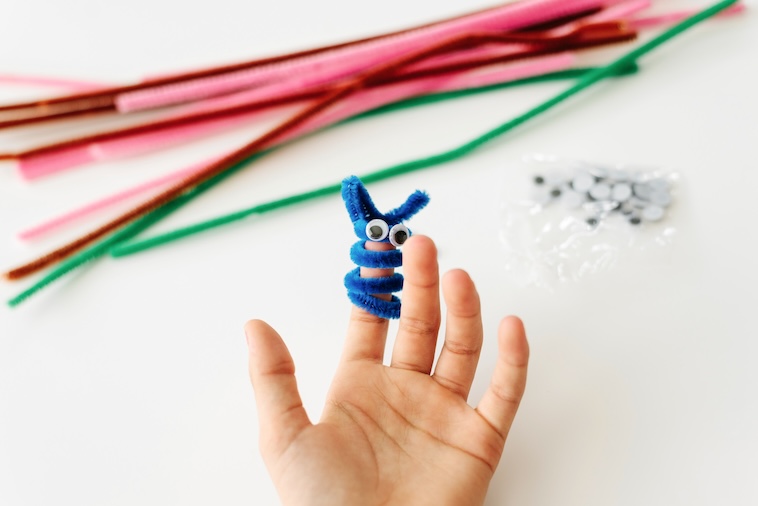
Social and emotional activities
Developing social and emotional skills is as important as cognitive and physical development.
Group activities such as cooperative games, or team projects, teach preschoolers about sharing, taking turns, and working together, and role-playing games can help children understand different perspectives and develop empathy.
Activities encouraging children to express their feelings, such as drawing their emotions or discussing their feelings in certain situations, can improve emotional intelligence, and creating a supportive environment where children feel safe to express themselves is key.
Planning preschool activities – a recap
Preschool activities that balance fun and education have a significant impact on a preschooler’s growth and development.
However, preschoolers can become overwhelmed quickly, so the best way to plan preschool activities is to ensure that you create a balanced schedule for them, that includes a variety of activities that they can complete over the course of a day.
One type of activity that you can get them involved in as part of a balanced schedule includes educational activities, like teaching them their ABCs, teaching them to count, or getting them to complete a letter scavenger hunt.
Creative activities are another type of balanced activity they can do, which may include listening to music, dancing, playing an instrument, or role playing.
As well as educational and creative activities, you may get your preschooler involved in active activities which may include outdoor games, or any type of activity where they have to move their bodies.
Lastly, social and emotional activities including getting them to work as part of a team, or finding ways for them to express their feelings, will help them to develop empathy and allow them to better understand people’s feelings.
I hope you’ve found some different types of preschool activities here that you’d like to start incorporating into your preschooler’s day.
What activities does your preschooler like to do?
Like this post? Share it with others on Pinterest – Thank you!
